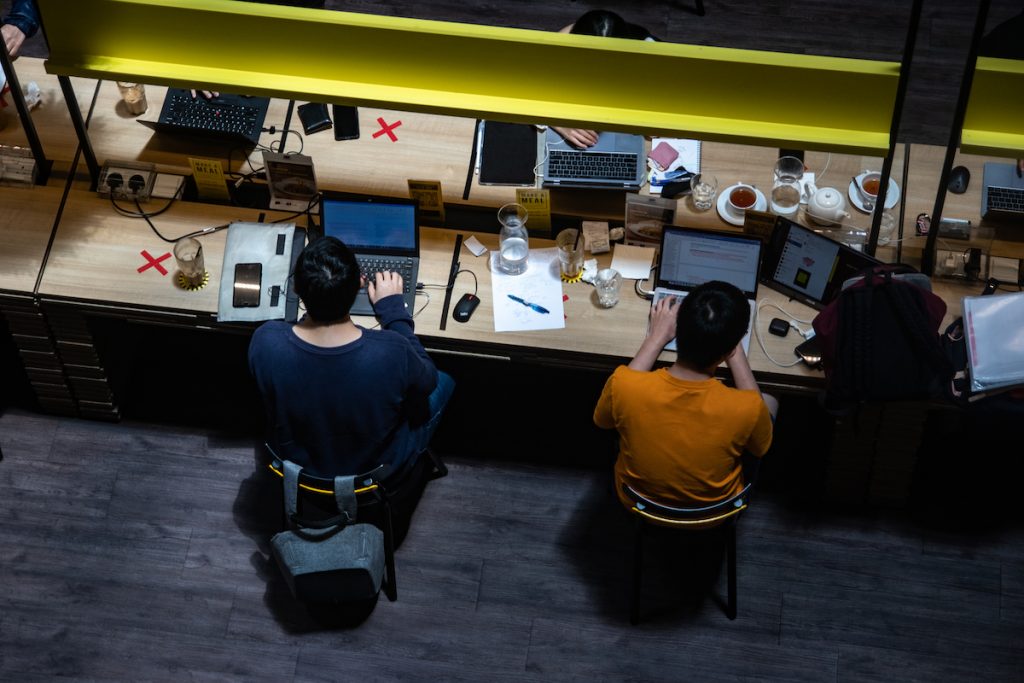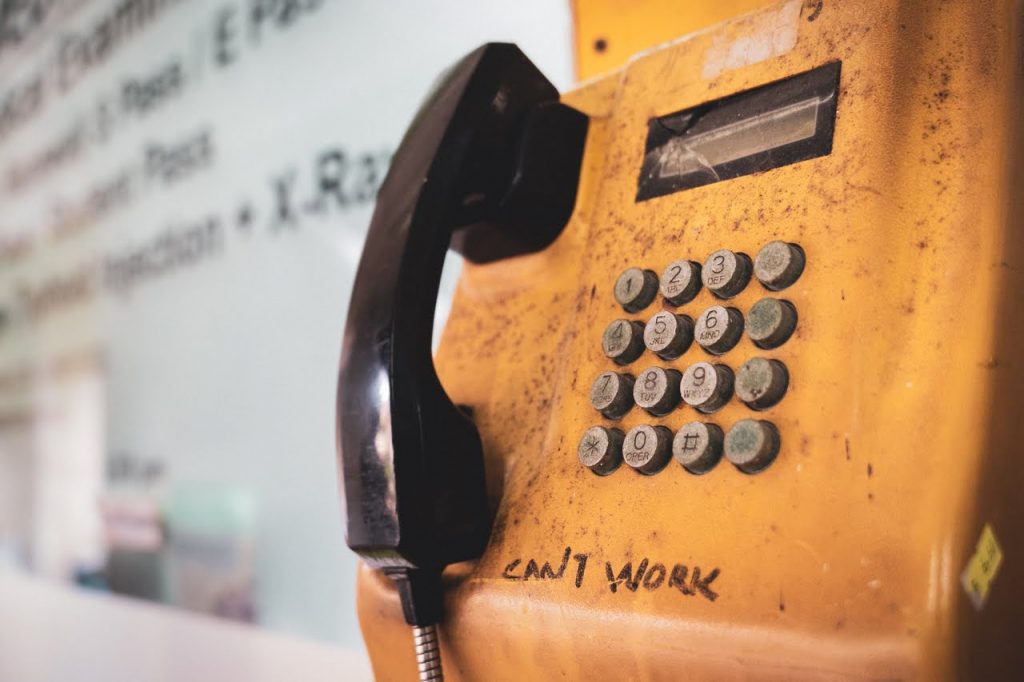Top image: RICE Media
First, we set the stage ping pong table.
On one side, Jillian, a 20-year-old student and Laili, a freelancer in her early twenties, flying the flag for Gen Zs.
ADVERTISEMENT
On the other, Gin, a 53-year-old PR agency founder standing shoulder to shoulder with 38-year-old Head of Content for RICE Media, Zat, both taking one for the collective group of Millennials and Gen Xs.
Their proximities are near enough to avoid raising voices (lest anyone feels threatened). But there’s sufficient distance to not claw at each other when at an impasse.
The topic: Are Gen Zs fucking up the workplace?
Leaving Behind Toxic, 2019 Work Cultures
The subject is a highly relevant one as younger entrants into the workforce become more vocal about what they want in the workplace.
You see this movement all over LinkedIn, as evidenced by an increasing number of founders and CEOs piping up on issues that are surprisingly anti-hustle at its core.
These posts plead for harmony. “Work is not family”. “Hybrid work helps foster better staff retention”. “Focus on outcomes, not presence”. “Prioritise mental health”.
It seems so foreign compared to the grindset culture of yore—the pandemic changed all that. And not a moment too soon, I’d say.
On the issue of prioritising mental health, both Jillian and Laili affirm that their generation has a higher and more nuanced understanding of mental health.
Also, it is more apparent when Gen Zs face work-related stress than their senior colleagues since they express it more openly, Laili adds. She, however, believes that that is not the case with older workers.
“I think the older generation would think a lot more before expressing it. Not just to their bosses or colleagues, but even to their friends and family.”
Zat nods in agreement, adding that the workers in his generation, the Gen Ys, tend to manage issues in their own ways and volition when work gets too stressful.
“We don’t run off to our colleagues or employers when we have work stress,” he asserts. “We just take a step back and handle it in our own time.”
Same Old Work-Life Demand
Off-camera, Gin shared that, truthfully, he doesn’t make any distinctions between Gen Zs and Millennials. “There are just young workers and experienced workers.”
For Gin, demands for work-life balance are nothing new. He reminds me that every young person entering the workforce wants a work-life balance. But they also want to grow in the work and build a career “for the long term”.
Another constant: the generational gap.
“I know of millennials who understand the pains of Gen Z, but I also know of millenials who have issues with Gen Z,” he shared.
ADVERTISEMENT
And in some ways, Gin is right. It’s an inevitable cycle—back in the days, Gen X colleagues also had their fair share of growing pains dealing with the current millennials when they were young.
“Finding that connection is something that every generation will have to deal with,” he concludes, moving towards the ping pong table for the next take.

On Overtime
Both Laili and Jillian agree that working after office hours shouldn’t be an expectation and shouldn’t be acceptable. It’s unfair when employees sign up for a nine-to-five job and later realise that there are actually more hours.
It’s only reasonable (and, in some ways, more palatable) when the company properly communicates the expectations to employees who agree to it.
Still, for Zat, he would go as far in agreement only on the type of industry one works in. Gin agrees, adding that the sentiment isn’t always applicable to white-collar workers.
”You’re not a manual labourer. If you’re a manual labourer, then yes, I’m paying for your labour hours. But executive workers are being paid for their brains, for their strategy, for their ideas—anything that fits the job that needs to be done,” he says, bringing up the example of auditors.
Laili challenges that it’s a different kind of labour. “If employers want to keep pressing that it’s okay for professionals to do so for their performance to be recognised, they have to accept that it will lead to unhappy, resentful employees who take more leaves and MCs before eventually quitting.”
Nonetheless, it all really depends on the individual, she admits.
“If they’re willing to stretch their boundaries for the sake of promotions, for the sake of extra pay, bonuses and so on, then by all means go ahead, that’s up to them.”
Gin concurs.

Me, My (Job) and I
Another assertion often lobbied towards Gen Zs is their propensity to change jobs frequently.
ADVERTISEMENT
A Business Insider article reported that Gen Z job transitions in April 2022 were 29.5 percent higher than a year earlier. This is in stark comparison to Gen X workers, who only reported an 8 percent increase in job transitions in the same period.
Perhaps the ease with which Gen Zs are now demanding a non-toxic work environment or actively looking out for misaligned job responsibilities are reasons why Gen Zs are fond of switching jobs—some even before the year is up.
Laili suggests another possible explanation for the frequent job switching: many Gen Zs view their job merely as a means to an end. Work is but one way to reach one’s personal goals and passions.
“I’ve heard young corporate workers saying that when they jump jobs—meaning they change their jobs in short periods—they can increase their pay faster,” Laili speculates. “I’m not sure how true this is.”
This attitude towards career progression, Gin feels, stems from the self-serving nature of these individuals. Still, Gin believes this self-serving tenet is not specific to any age or generation.
“In the past, people stayed and worked in the company long-term because it was their best bet at a stable salary. But this old notion—staying very long in the company and your employees will take care of you, may not be applicable nowadays.”
Chortling, Gin jokes that despite this, one should never tell others that they are not loyal to their company—inducing laughter from all around the room.
“I’m actually okay with the Gen Zs being self-serving,” Zat reflects, “since it also teaches older workers a new way of looking at things. I think it’s important not to have the mentality of “I will stay with this company for 15, 20, 25 years”.”
Onwards to New (and Better) Workplaces
Inherently, the Gen Zs are a more vocal lot—some set firm boundaries with their work and life. In contrast, others demand work attitudes and habits that may feel foreign to older workers who view job security differently.
But could these differences culminate in a different workforce culture in the following decades? It seems likely in a resistance-is-futile kind of way. Gone are the days when some things at work are better left unsaid, and perhaps that could be for the better.
With Gen Zs leading the charge in dictating healthier work boundaries, companies are compelled to enact decisive changes that put people first—not face time, not team spirit, and definitely not profits.
And as the older workers sit and observe these changes, who’s to say they can’t start demanding the same too?






